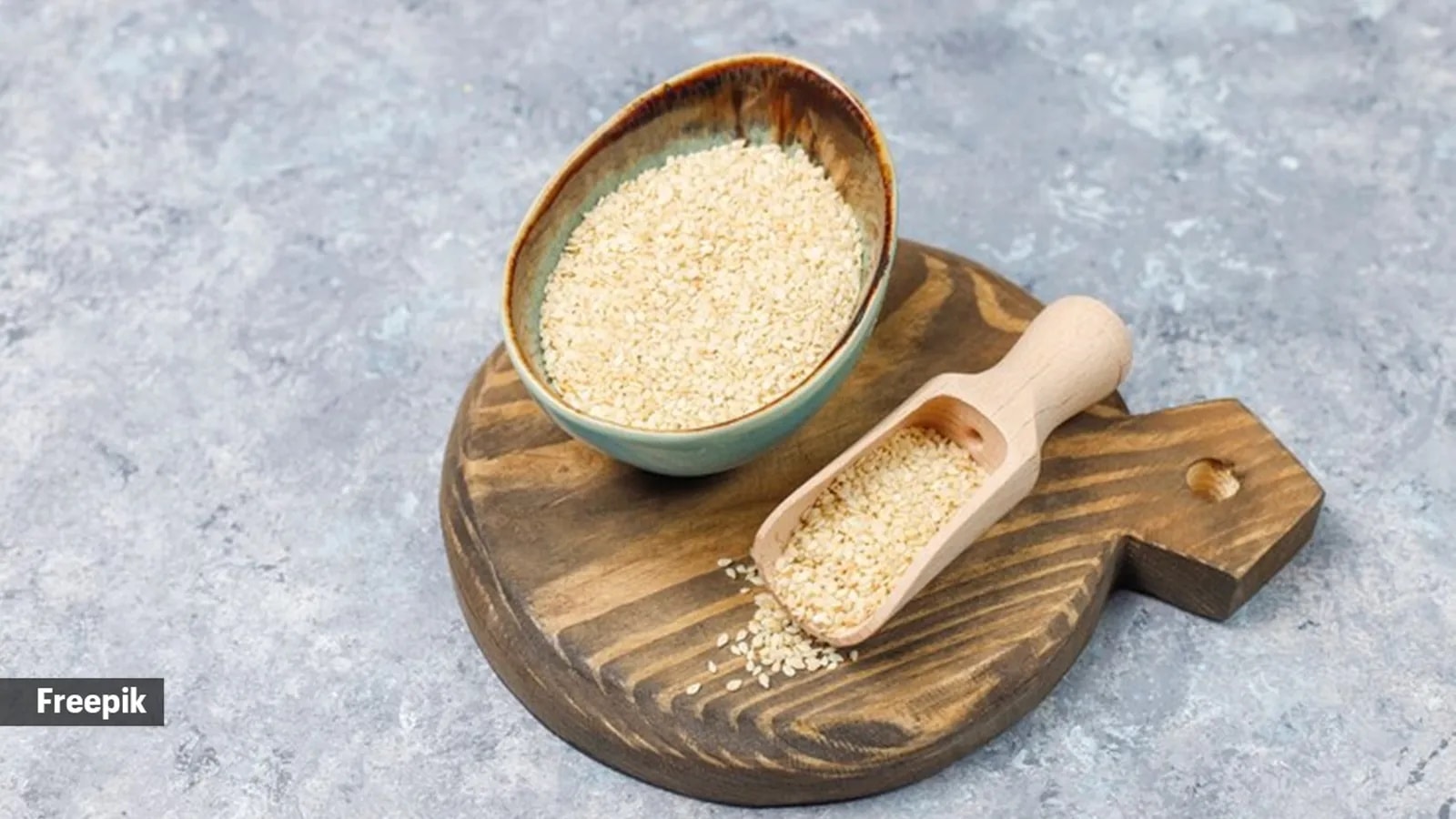Yes, psyllium husk (commonly known as isabgol) is a go-to remedy for constipation and is widely recommended by gastroenterologists. In fact, Harvard and Stanford-certified gastroenterologist Dr Saurabh Sethi swears by this source of dietary fibre to manage any infrequent bowel movements. “This is what happens when you don’t drink enough water with your fibre. I am a gastroenterologist, and psyllium husk is my go-to fibre to treat constipation. Now, psyllium husk or isabgol is the most researched supplement when it comes to irritable bowel syndrome,” added Dr Sethi.
However, if you don’t drink enough water with it, “it makes a concrete-like substance in your colon and can make your constipation worse”, cautioned Dr Sethi.
Taking a cue from his advice, we reached out to experts to understand in detail.
Dr Vikas Jindal, consultant, dept of gastroenterology, CK Birla Hospital, Delhi, affirmed that isabgol, a type of soluble fibre that absorbs water and swells in the gut, forming a gel-like substance, helps soften the stool and promotes regular bowel movements. “It’s particularly useful for people with chronic constipation or irregular bowel habits, and is considered gentle and safe for long-term use. However, an important point to note is that psyllium husk needs to be taken with adequate water,” said Dr Jindal.
 Should you have isabgol? (Photo: Freepik)
Should you have isabgol? (Photo: Freepik)
Without enough fluid intake, Dr Jindal stressed that it can actually worsen constipation or lead to a blockage in the digestive tract. “It’s typically recommended to take psyllium with at least a full glass (240 ml) of water, followed by additional water throughout the day. Also, it may take a day or two to see the full effect, so consistency is key,” said Dr Jindal.
What to note?
Dr Jindal emphasised that people with swallowing difficulties or certain gastrointestinal conditions should consult a doctor before use.
Story continues below this ad
“While psyllium husk is effective and natural, ensure hydration is adequate for it to work safely and effectively. Always follow the dosing instructions and increase fibre gradually to avoid bloating or gas,” said Dr Jindal.
DISCLAIMER: This article is based on information from the public domain and/or the experts we spoke to. Always consult your health practitioner before starting any routine.

